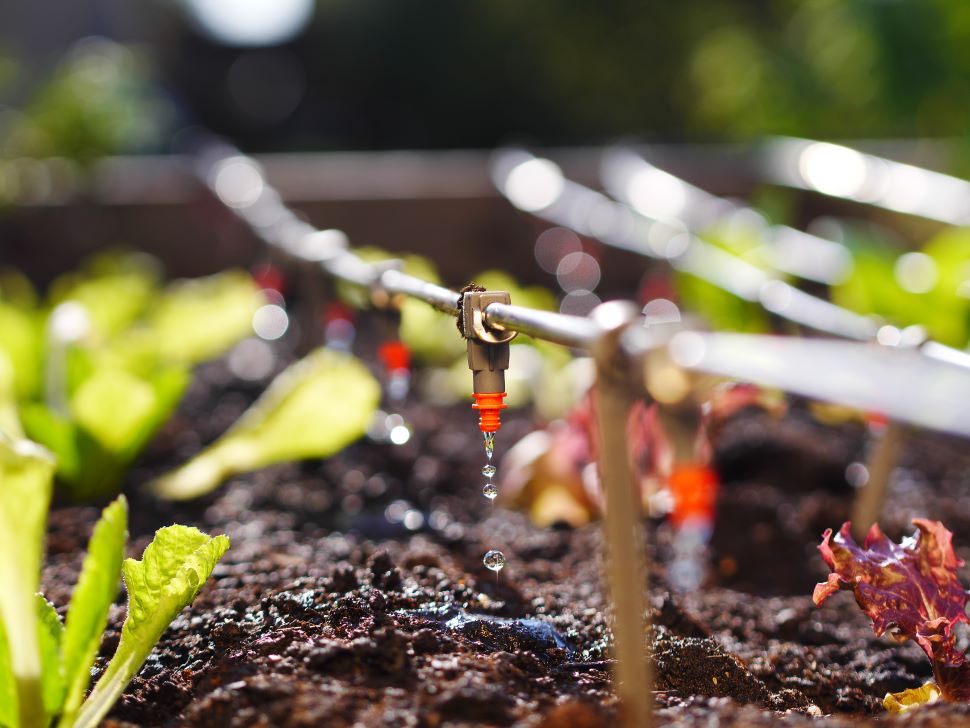Biostimulators are chemical compounds that help plants to more easily overcome stressful conditions such as climate change. Their use is becoming more and more common as part of technical measures in agriculture, because they increase the resistance of plants, increase the yield and quality of fruits. Biostimulators come from natural sources, such as plant extracts, or are obtained by artificial synthesis. Unlike fertilizers and plant protection agents, biostimulators act on physiological processes in the plant independently of the presence of nutrients, although they are often used as a supplement to these products.
Their specificity is reflected in the fact that they help plants better absorb nutrients, increase resistance to abiotic stresses, and improve crop quality. Biostimulators based on amino acids, seaweed extracts and humic extracts are often used in agriculture. Amino acids play a key role in the physiological processes of plants, as they enable rapid absorption and direct inclusion in metabolic processes. Plants recognize them by their biochemical composition, not by their origin, so those obtained from animal or microbiological material can also be used. Their application is effective both preventively and curatively, depending on the intensity of stress and the developmental stage of the plant.
Ideal biostimulators from marine plants
Algae-based biostimulators contain numerous nutrients and growth hormones, while humic and fulvic acids affect soil fertility and increase yields. These preparations are most often applied foliarly, over the leaves, but they can also be used through fertigation systems, where they additionally improve the microbiological activity of the soil.

Although biostimulators are effective, it is important to note that they are not a substitute for fertilizer, but a supplement that enables better fertilization efficiency. Their dose depends on the type of preparation and method of administration. They are generally used in quantities of 1 to 5 liters per hectare. The main importance of biostimulators lies in increasing the resistance of plants to stressful conditions, encouraging growth, flowering, fertilization and synthesis of dry matter, as well as in better absorption of nutrients, which leads to an increase in the yield and quality of cultivated plants.
According to experts, biostimulators are increasingly important in agricultural production due to increasingly frequent climate challenges. Their proper application can significantly contribute to the sustainability of production, reducing the impact of unfavorable conditions and increasing economic profitability for producers.
Source: Good morning
Source: boljazemlja.com


